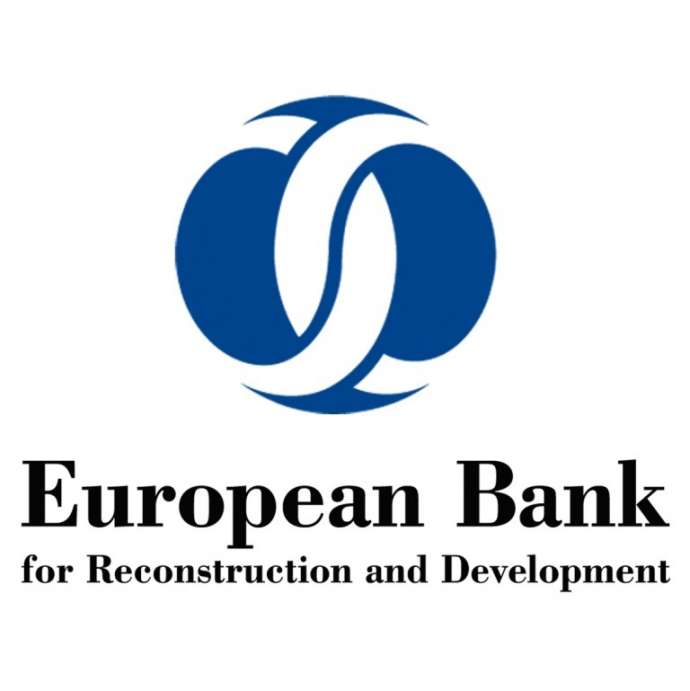October 1, 2020 - According to the latest forecasts from the European Bank for Reconstruction and Development (EBRD), the Montenegrin economy will contract by nine percent this year due to the Covid-19 pandemic, which hit the tourism sector hard.
From May's projections, the EBRD forecast an 8% drop in Montenegro's gross domestic product (GDP).
"The pandemic has hit tourism hard. Overnight stays by foreign tourists decreased by 85% on an annual level in the first seven months. Also, most tourists visit the country during the summer months. The collapse in tourism will have a severe effect on GDP, to which tourism contributes about one-fifth," the report states, Mina reports.
In its Regional Economic Outlook published today, the EBRD estimates that Montenegro's GDP will grow by five percent next year, while it forecasted 10.5 percent growth in May.
"GDP is expected to recover by five percent next year. The risks are significant, namely the possibility that social distancing will be maintained well into next year," said the EBRD.
The section of the report related to Montenegro states that the economy moved into negative growth in the second quarter, with annual inflation averaging -0.7 percent for April-June.
"Government measures to mitigate the effects of Covid-19 on individuals and firms, focusing on maintaining corporate liquidity, protecting jobs and supporting vulnerable groups, could bring public debt to 90 percent of GDP by the end of this year. Since it was close to 80 percent GDP at the end of last year," the report adds.
The EBRD predicts that output in the Western Balkans will fall by 5.1 percent this year due to collapses in tourism in Albania and Montenegro, disruptions in global supply chains and lower industrial production, and a drop in foreign direct investment and remittances. GDP growth could recover to 3.4 percent next year.
The EBRD now predicts an overall reduction of 3.9 percent this year and a return to growth of 3.6 percent next year. Previous forecasts projected a 3.5 percent drop this year and a 4.8 percent recovery next year.
The EBRD's chief economist, Beata Javorcik, said output in EBRD regions fell sharply in the second quarter, to about 8.2 percent year-on-year.
"In many economies, this contraction was more significant than the decline recorded during the global financial crisis. It is expected that the speed of recovery will be close to what was seen after that crisis, with pre-pandemic levels of GDP returning before the end of next year," Javorcik added.
Pressure on supply and demand was felt in the EBRD economies due to local economic measures. At the same time, external shocks included low commodity prices, reduced exports, a collapse in tourism, and a decline in remittances.
The latest set of forecasts provided by the bank is subject to a high degree of uncertainty and depends to some extent on the accuracy of early growth estimates in the first half of the year.
They are also sensitive as to whether governments will impose further restrictions, and how people will be able to react to the continued presence of the virus, perhaps through self-imposed social distancing.
The new report warned that some sectors, such as tourism, could face permanent damage, but others, such as online retail, could benefit from increased digitalization.
The EBRD stated that this year's contractions will be most significant in economies highly dependent on external sources of income, such as Albania, Croatia, Cyprus, Greece, and Montenegro, which lost most of their tourist season this year.
Compared to the same period last year, exports from the EBRD region fell 14 percent in the first half of the year. International and domestic tourism fell sharply, while the arrival of foreign tourists in the EBRD region fell 65 percent in the first six months, compared to the same period last year.
Other heavily affected economies include countries with a massive decline in remittances, such as Kyrgyzstan or those firmly integrated into global trade chains, such as Slovakia.
Source: Mina News








